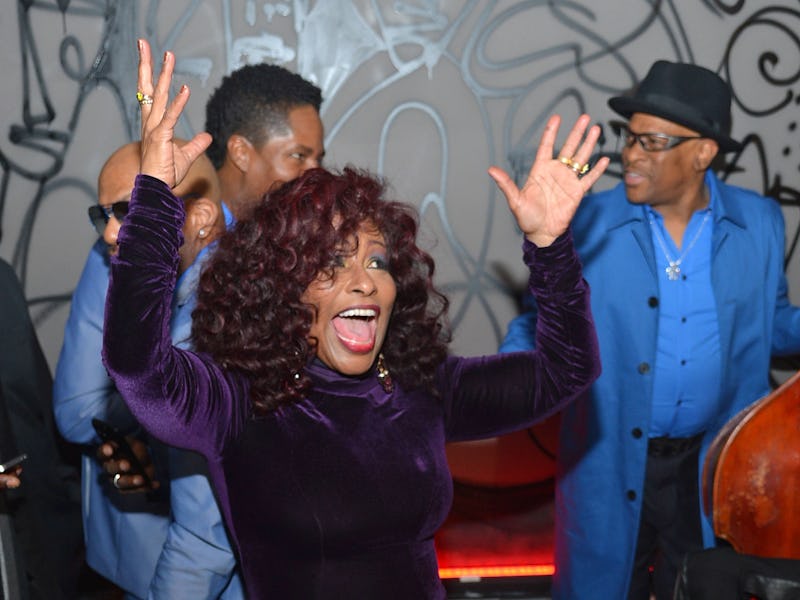The Fight to End the "Happy Birthday" Copyright Is a Fight for Freedom
We spoke with two of the plaintiffs' lawyers, Mark C. Rifkin and Daniel J. Schacht.

Back in July, it looked like Warner/Chappell Music’s copyright on “Happy Birthday” was nearing its end. On Tuesday, U.S. District Judge George H. King officially freed the most popular song in the world from its copyright stranglehold, according to The Hollywood Reporter. The song originally written by sister Patty Smith Hill and Mildred Hill is finally free for public use.
Mark C. Rifkin, one of the plaintiffs’ lawyers, clarifies to me that King’s ruling essentially split into two parts: the lyrics and the melody. The Hills didn’t give the rights to the lyrics (which you can see in the judge’s full opinion) to the original copyright holders, Summy Co., but they did give the rights to the melody — “the piano,” as Rifkin says. Warner/Chappell, which took over the copyright from Summy Co., thus does not own the rights to “Happy Birthday” as we know it.
Finding the proper evidence to prove the Hills never officially gave up their rights required some thorough crate-digging. Rifkin says George Washington University law professor Robert Brauneis was a huge help, but sites like eBay with amateur collectors were just as essential for obtaining original documents. The deus ex machina of the case, as first reported in July, was a 1922 songbook that showed possible forfeiture of any copyright. The plaintiffs acquired a PDF of the songbook from Warner, but another laywer on the case, Daniel J. Schacht, tells me they sent it with some particularly crucial lines “blurred out.” It was when they obtained an original, which showed Warner’s lack of a copyright, that winning the case was a lock.
Now that they’ve cleared “the biggest hurdle,” as Schacht puts it, the next step is getting money back from Warner for everybody who’d been unfairly charged for using “Happy Birthday” — the class-certification and damages. Schacht estimates that Warner owes $2 million (per year) to those who’ve been improperly charged. The real trick is figuring out how far back the reparations extend. Schacht hopes it can go as far as 1935 — when Warner/Chappell’s predecessor registered its copyright — but he knows that an appeal could delay the process and the damages decision.
Since Warner/Chappell’s copyright has basically expired — notwithstanding an appeal — Rifkin sees no reason why people can’t start using the song publicly. Schacht agrees, pointing out to me that chain restaurants could realistically start singing it for kids’ birthdays immediately. It’s strange to think that something like a child’s birthday that feels so personal had been affected for so long by a corporation’s faulty claim to a widely loved song. It’s exciting that “Happy Birthday” is once again free for public use. Rifkin, however, doesn’t want the fight to fade into the footnotes of history. He reminds me, two amazing women wrote the most universally recognized song way back in the 19th century, and we’re still working to make it available to everybody. The “Happy Birthday” lawsuit, he tells me, is about more than the song. It’s about standing up to the corporations and winning back what belongs to the world — having your cake, and singing around it, too.